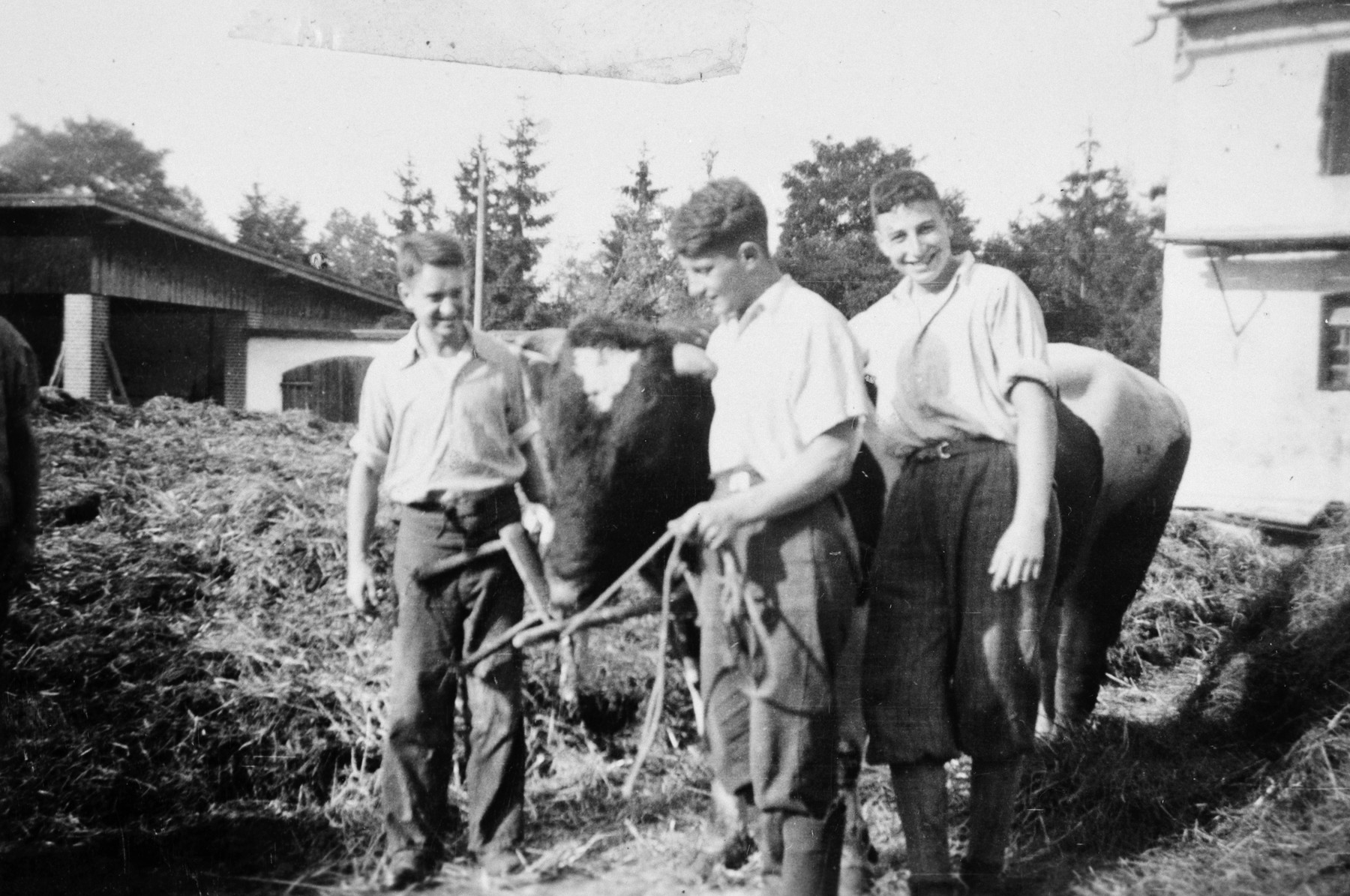“‘Living on a Sort of Island’: Jewish Refugee Farmers in the American South” follows the wartime experiences of Jewish refugees who fled from Nazi Europe and attempted to become American farmers. The essay explores their acculturations within Jewish farming projects in the rural South, including the Georgia Farm School, Hyde Farmlands in Virginia, and the Van Eeden Settlement in North Carolina. I demonstrate how despite their romantic fantasies about farm life, farming proved to be an unsustainable career option for Jewish refugees. Most scholars have explained the relative dearth of American Jewish farmers as stemming from disinterest and inexperience with agricultural lifestyles.
Using the examples and perspectives of Jewish refugees, I argue that this theory is invalid because the farmers received substantial formal training and were committed to making their livelihoods away from metropolitan areas. Their inability to become American farmers is better explained through their social isolation and difficulties adjusting to a vastly alienating Southern culture. These lived experiences of Jewish refugee farmers reveal the shortcomings in America’s treatment of refugees, particularly concerning their social lives and psychological health. The essay further complicates overly triumphant narratives of the Jewish refugee experience that tend to overlook their hardships once safely on American soil.
Andrew Sperling is a third-year doctoral candidate at American University in Washington, D.C., where he studies American Jewish history. He is writing a dissertation about American Jewish communities responding to antisemitic extremism between the 1920s and the 1960s. His Luckens lecture, "'Living on a Sort of Island': Jewish Refugee Farmers in the American South," follows previous work related to Jewish refugees, which has been published in the peer-reviewed Southern Jewish History journal.
